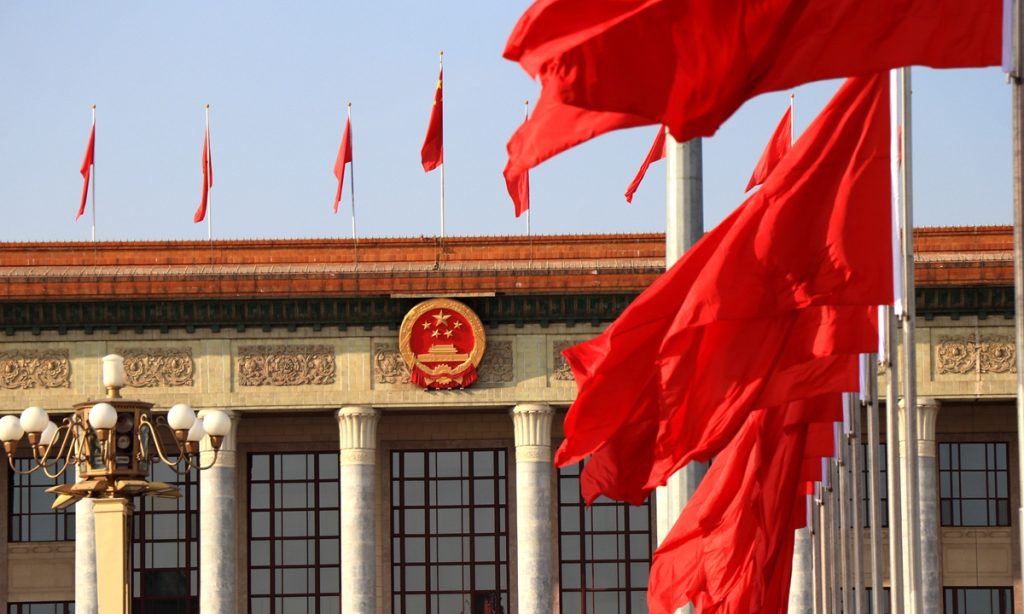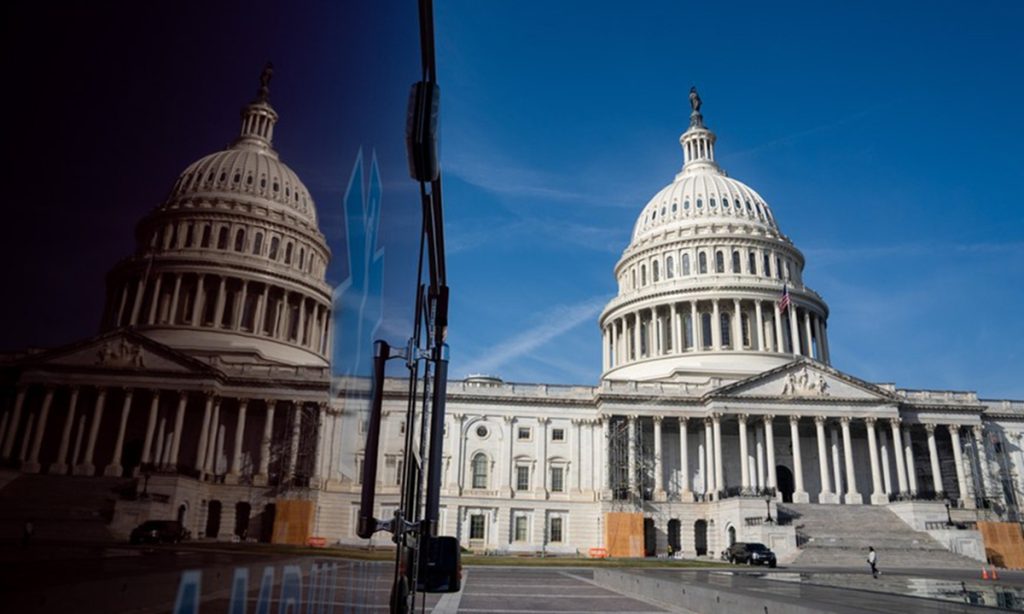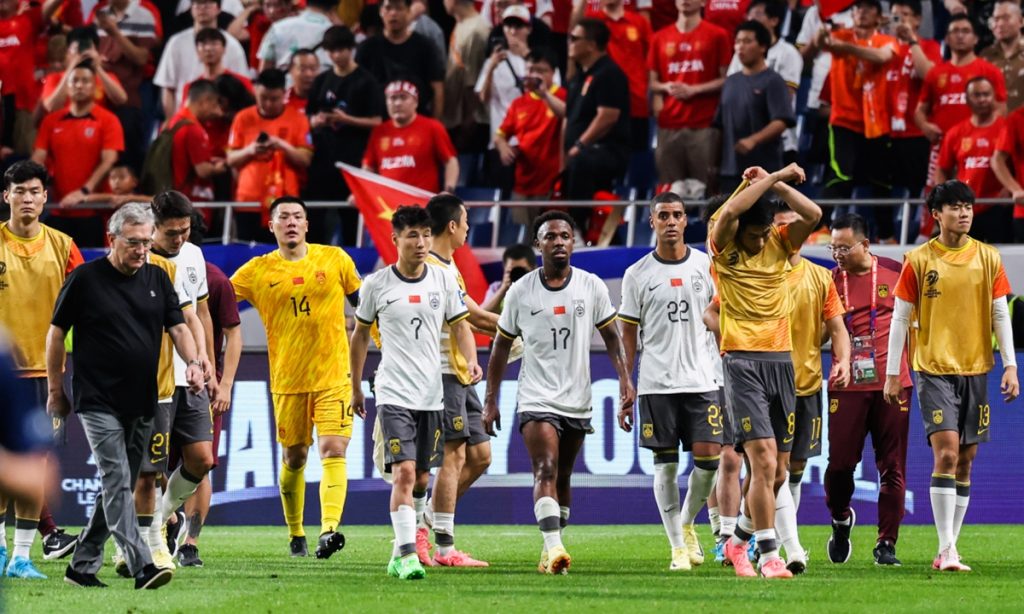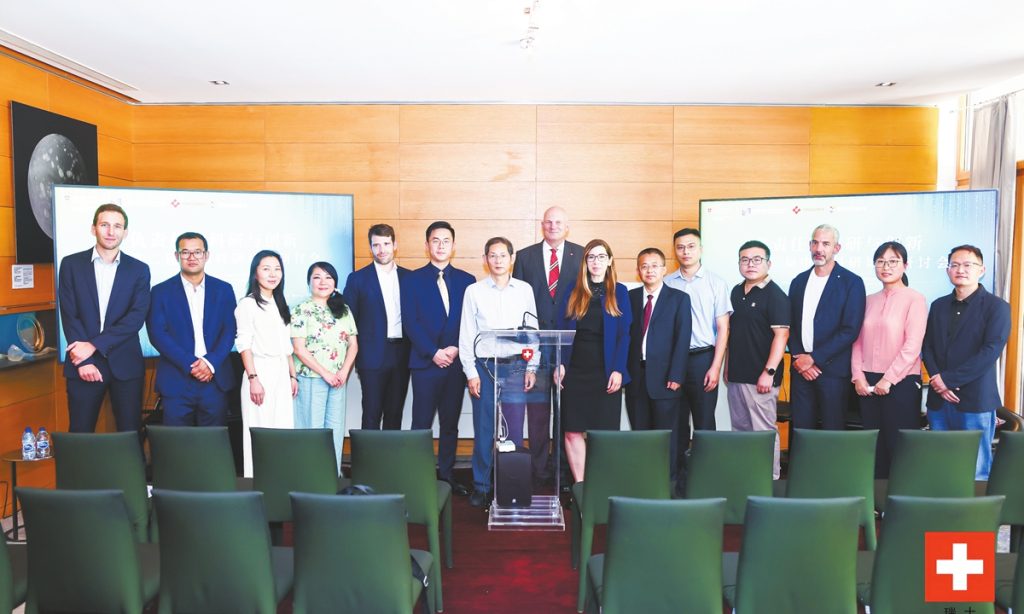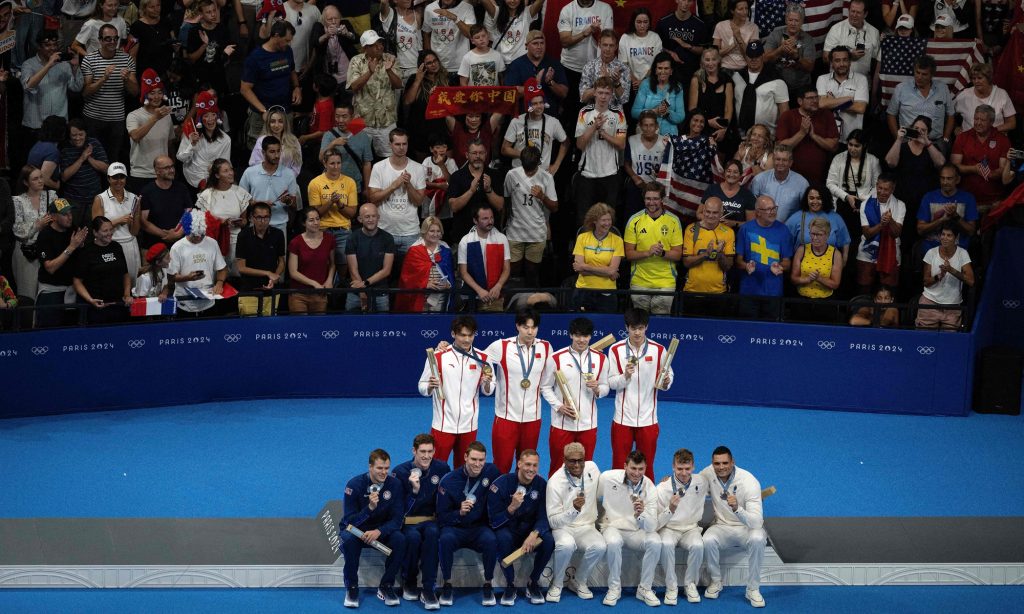Chinese FM meets Blinken, stressing US should not always approach China with ‘two faces’
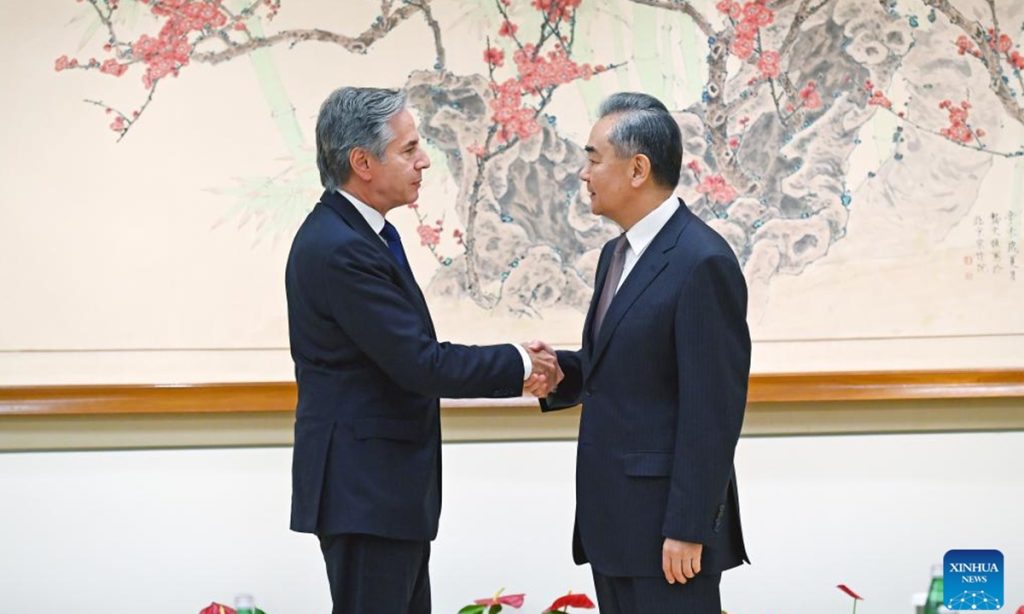
Chinese Foreign Minister Wang Yi met with US Secretary of State Antony Blinken in New York on Friday, during which Wang emphasized the US should not always approach China with two faces. Instead of having it both ways by seeking containment on one hand and requesting cooperation on the other, the US should derive its China policy from a rational perception about China, Wang told Blinken.
Experts said the meeting, as both sides agreed to be "candid and substantive," indicates that both two countries want to maintain communication to manage their relationship, but experts also pointed out that the US should take concrete actions to further stabilize bilateral ties, given its hypocrisy to create differences itself while at the same time try to manage them.
"The US should not always approach China with two faces: On the one hand encircling and suppressing China brazenly, and on the other hand, having dialogue and cooperation with China as if nothing is wrong," said Wang, also a member of the Political Bureau of the Communist Party of China Central Committee.
"Since the US has expressed multiple times that it has no intention to have conflict with China, then fundamentally, it needs to establish a rational perception of China, and find the right way to get along with it," said the Chinese top diplomat, according to the Xinhua News Agency on Saturday.
Li Haidong, a professor from the China Foreign Affairs University, told the Global Times on Saturday that the latest meeting indicates that both China and the US want to maintain communication and dialogue to manage their relationship. In other words, stabilizing the bilateral relations aligns with the common needs of both sides, which is one of the important reasons why, despite existing differences, the two sides continue to strengthen their exchanges.
Pointing out US' "two faces" approach toward China clearly indicates China's awareness of the underlying nature of US diplomacy, Li said. "The double standards and hypocrisy in US foreign policy toward China cannot conceal the cognitive errors and obsession with competition inherent in its China policy."
The Friday meeting between Wang and Blinken marks the fourth one they had this year, following their previous face-to-face talks in February, April, and July.
"The US needs to carry out dialogue with respect, advance cooperation in the spirit of reciprocity, and address differences with great prudence, rather than act willfully as it sees fit from a position of strength or use previous mistakes as excuses to make more mistakes," Wang said on the sidelines of the 79th session of the United Nations General Assembly.
On the Taiwan question, Wang said that "if the US truly hopes to see peace and stability across the Taiwan Straits, it should abide by the one-China principle, implement the three China-US Joint Communiqués, stop arming Taiwan, publicly oppose 'Taiwan independence,' and support the peaceful reunification of China."
Wang articulated China's firm position on the South China Sea issue. He said China remains committed to resolving differences through dialogue and consultation with countries directly concerned. The US should not stir up trouble in the South China Sea, or undermine regional countries' efforts to safeguard peace and stability there, Wang added.
On the Ukraine issue, Wang said China's position is aboveboard. China has been committed to promoting talks for peace and has been making its efforts toward peaceful settlement, he said.
Lü Xiang, an expert on US studies at the Chinese Academy of Social Sciences, said that Washington's "two faces" approach is a serious obstacle to building a stable and constructive relationship between China and the US. "Therefore, pointing this out indicates China's emphasis on its long-term commitment to establishing a constructive and stable bilateral relation, while the US side is continuously undermining this goal through its dualistic actions," Lü told the Global Times on Saturday.
Following talks that lasted more than an hour, Blinken told reporters at a news conference that China's words and actions regarding Russia-Ukraine conflict do not "add up," as Beijing continues to allow Chinese companies to "fuel Russia's war machine," VOA reported.
Blinken's remarks are still an old trick of marginalizing and stigmatizing China on the global stage, attempting to mislead the international community and shift the blame onto China, Li said, noting that this reflects a strong lack of sincerity in US diplomacy and again reveals its hypocrisy.
Different approach
In the global context, especially given the ongoing Russia-Ukraine conflict and increasing tensions in the Middle East, China-US face-to-face communications are pivotal not only for bilateral relations, but also for global peace, analysts said.
China has always emphasized seeking common interests and does not wish to see the bilateral relation turn into a state of conflict, analysts said. The US also understands that crossing the bottom line of the Chinese side could lead to a serious deterioration in relations, which the US cannot afford, Lü said, noting that this serves as a fundamental motivation for communications between both parties.
Experts said the US should take concrete actions to further stabilize bilateral relations. "The differences that need to be managed are caused by the US itself. On one hand, the US creates differences, while on the other hand, it tries to manage them. This is the biggest divergence between China and the US," Lü said.
Analysts also noted that the recent high-level interactions between China and the US demonstrated significant differences in their approaches in solving regional hotspot issues. The US exhibits a strong bloc mentality, while China, in contrast, genuinely promotes the resolution of regional crises and the elimination of turmoil from the perspective of a global community of shared future, Li said.
According to a readout from the Chinese Foreign Ministry, the two sides agreed that the meeting was candid and substantive, and that China and the US need to find a way to live alongside one another in peace in the indefinite future. Besides, the two sides agreed to maintain communication on international and regional hotspot issues, and hold a new round of consultations on Asia-Pacific affairs in due course.
A readout from the US Department of State also read "The two sides held candid, substantive, and productive discussions on a range of bilateral, regional, and global issues. They emphasized the need to maintain open lines of communication," and that "Both sides agreed to maintain contact, including on regional and global issues."
